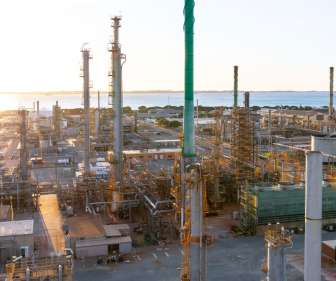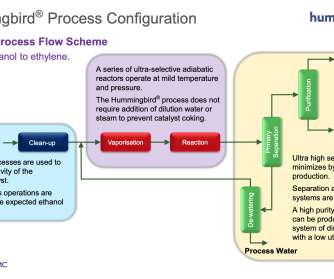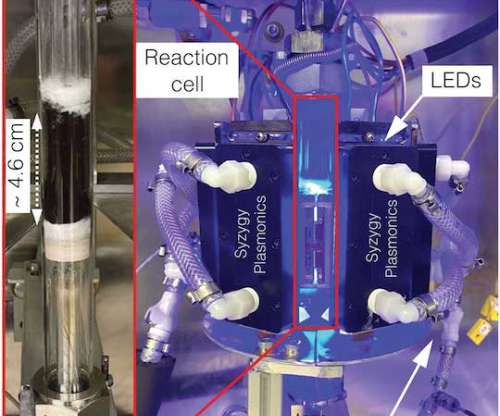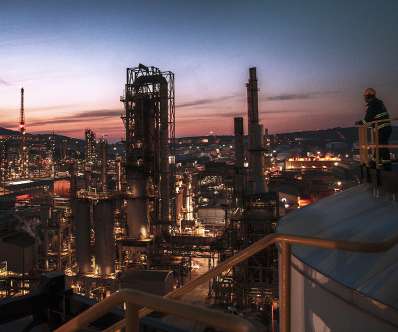DOE researchers investigate economic and environmental impacts of converting wet waste to renewable diesel
Green Car Congress
JANUARY 3, 2022
estimated that with conversion by hydrothermal liquefaction (HTL) and upgrading, the wet waste resource availability in the United States could be converted to jet fuel that is equivalent to about 24% of the U.S. demand in 2016. Skaggs et al. GLE and $0.9/GLE.







































Let's personalize your content